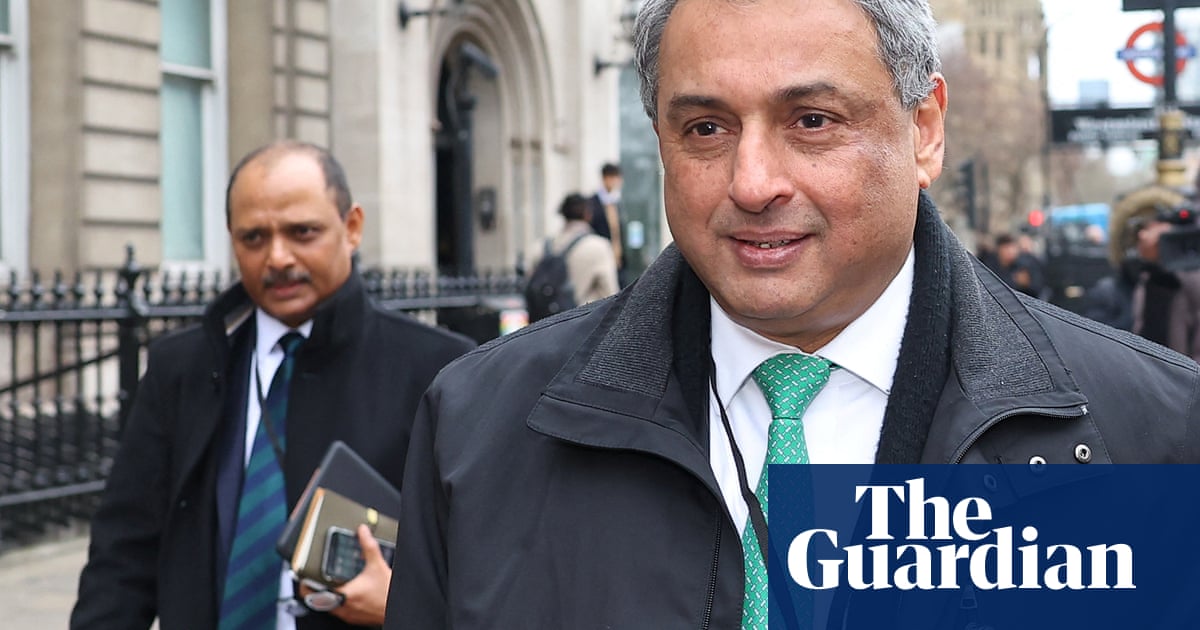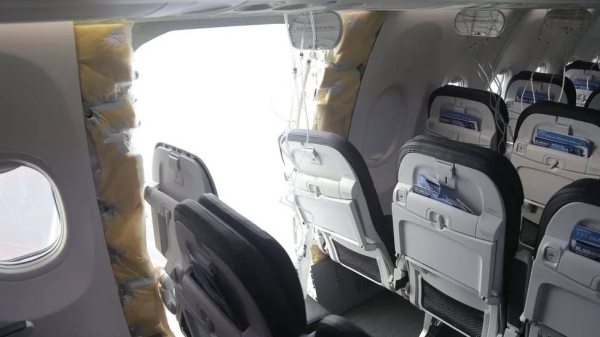
The British low-cost airline is already planning to cut 4,500 jobs
LONDON: Hundreds of thousands of jobs, if not millions, could be lost in Britain if aviation is not able to resume quickly, the CEO of London’s Heathrow Airport said on Monday.
“We cannot go on like this as a country,” John Holland-Kaye told Sky News. “We need to start planning to reopen our borders.
“If we don’t get aviation moving again quickly, in a very safe way, then we are going to lose hundreds of thousands if not millions of jobs in the UK just at the time when we need to be rebuilding our economy.”
Britain introduced a two-week quarantine on Monday for most people arriving from abroad to try to limit the spread of the coronavirus, a measure roundly condemned by the ailing aviation sector.
The measure, which applies to both residents and visitors with some exceptions, aims to prevent a second wave of contagion from abroad.
But critics question why Britain, which was hardest hit by COVID-19 in Europe and is only gradually easing a lockdown, is inflicting more pain on hotels and airlines by reducing travel from countries with fewer virus cases.
British Airways and budget carriers EasyJet and Ryanair have launched joint legal proceedings against the government over what they called a “disproportionate and unfair” step.
Ryanair chief Michael O’Leary told Sky News on Monday the plan was “useless” and unenforceable, and said it would “devastate thousands of jobs in British tourism.”
Health Secretary Matt Hancock said the new rules made sense because “the proportion of infections that come from abroad increases” as Britain’s own caseload drops. “We’ve got to take an approach that starts with caution,” he told Sky News.
To enter Britain by plane, train, road or sea, travelers must provide details of their journey and the address where they will self-isolate.
How the quarantine will be implemented differs between Britain’s devolved nations, and the measures will be assessed every three weeks.
Exemptions are being made in several cases — including for lorry drivers, “essential” health care workers and people traveling from Ireland who have been there for at least two weeks.












